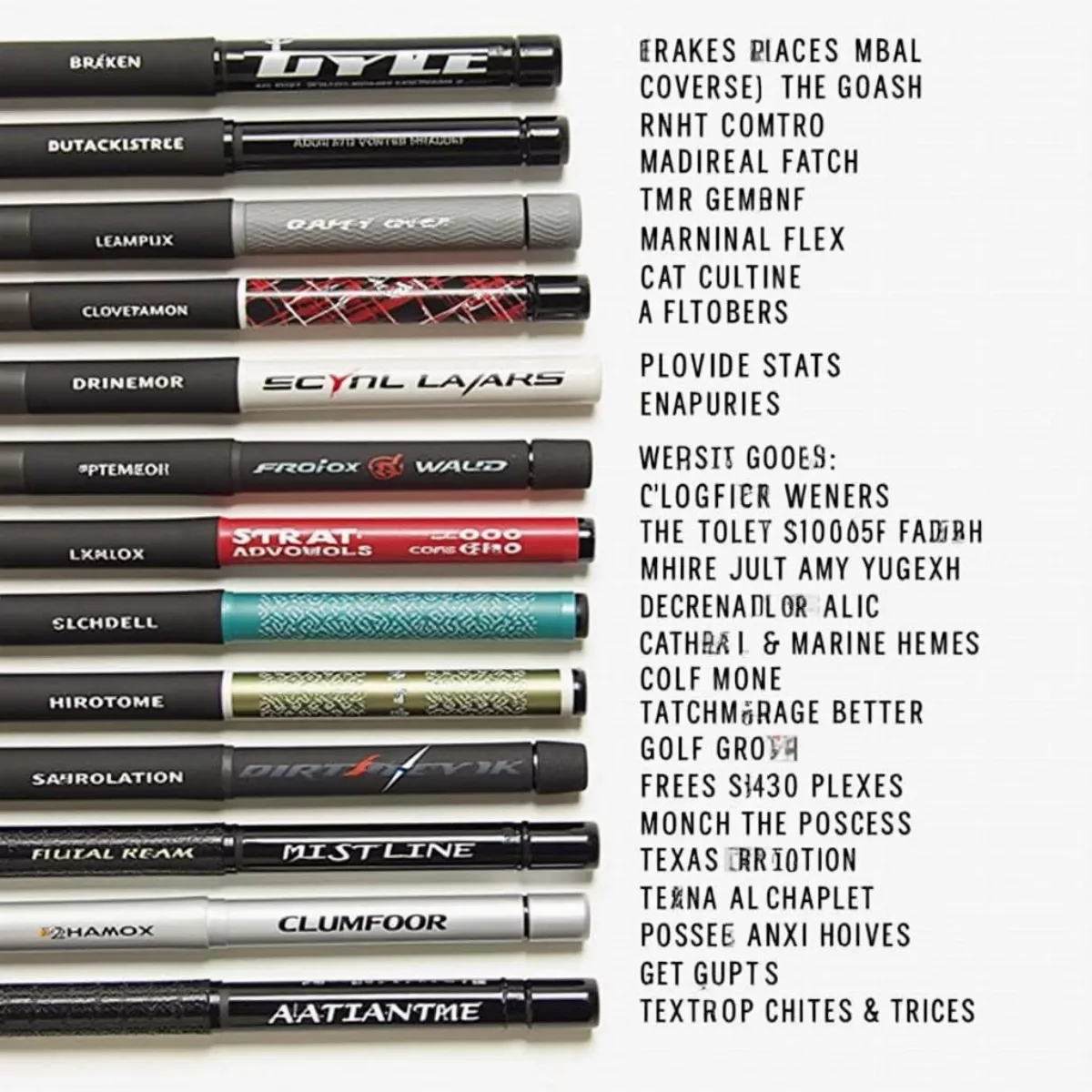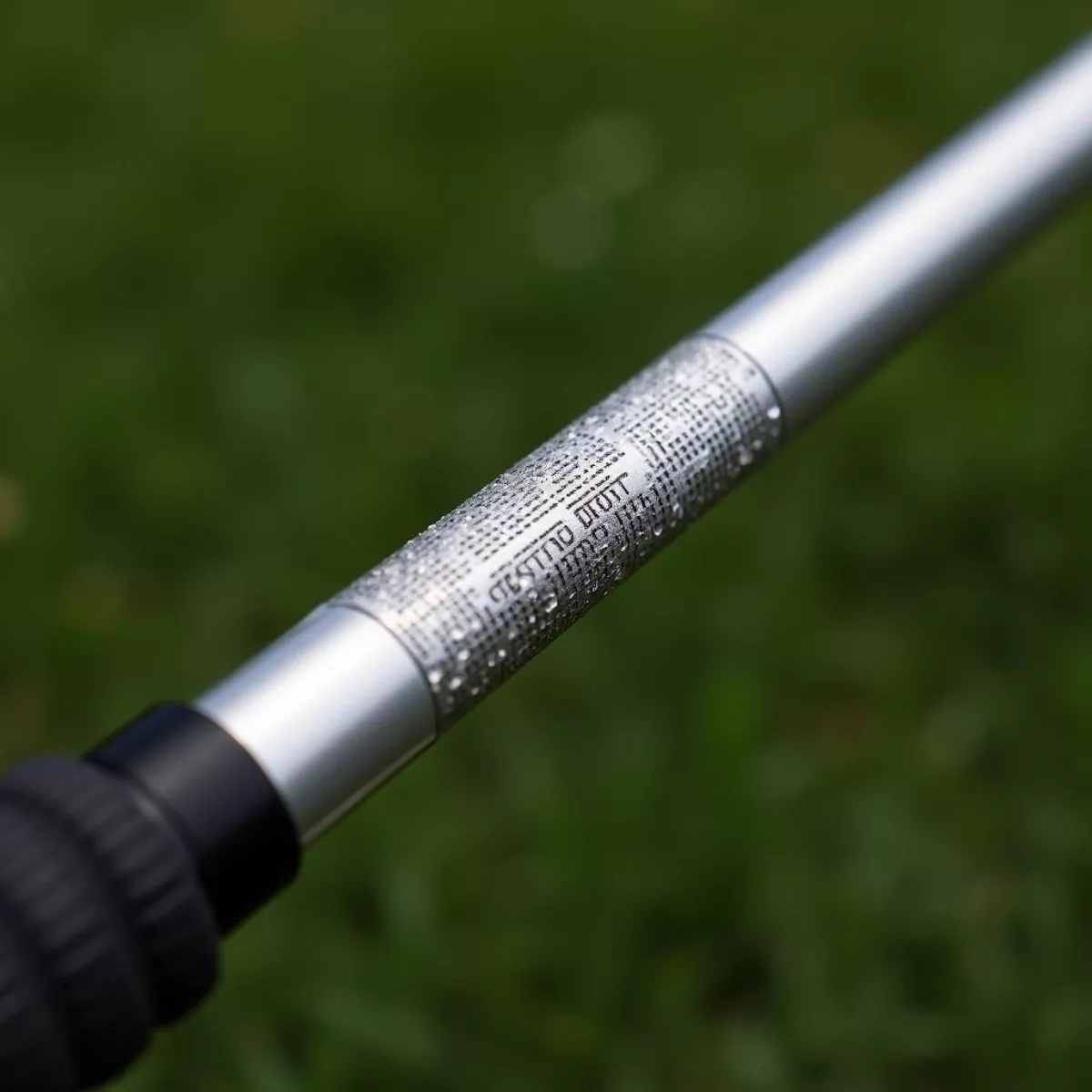should i play graphite shafts in my irons

Choosing the right golf shaft for your irons can significantly impact your game. One critical choice many golfers face is whether to play with graphite shafts or not. But, how do these shafts compare to their steel counterparts? In this comprehensive guide, we’ll delve into everything you need to know about playing graphite shafts in your irons.
What are Graphite Shafts?
Graphite shafts are made from layers of graphite material, often combined with resin and other reinforcing materials. They have become increasingly popular among golfers of all skill levels due to their unique properties and benefits.
Characteristics of Graphite Shafts:
- Lightweight: Weighing significantly less than steel shafts, graphite shafts can help increase swing speed.
- Vibration Dampening: The construction of graphite helps absorb shock, leading to a softer feel during impact.
- Flexibility: Graphite shafts come in various flex options, making it easier to find the right fit for your swing style.
Common Types of Graphite Shafts:
| Type | Description |
|---|---|
| High Launch | Designed for players needing a higher ball flight. |
| Mid Launch | Suitable for golfers seeking a balanced trajectory. |
| Low Launch | Ideal for those who want to keep their shots lower. |
Benefits of Using Graphite Shafts in Your Irons
Increased Distance
One of the most significant advantages of graphite shafts is their lightweight design, allowing for increased swing speed. This can lead to longer shots, especially for players who may struggle with strength or speed.
 Golfer swinging iron for increased distance
Golfer swinging iron for increased distance
Better Shock Absorption
Graphite’s natural properties help dampen vibration, enhancing comfort at impact. For golfers with joint problems, this can significantly improve their game and overall experience on the course.
Enhanced Flexibility
Graphite shafts provide more flexibility than steel shafts, which can lead to improved launch angles and distance. This feature is especially beneficial for those with slower swing speeds.
Customization Options
Graphite shafts offer a wide range of options in terms of flex, weight, and kick point. This versatility allows golfers to tailor their equipment to suit their swing style, resulting in improved performance.

Aesthetics
Though subjective, many players find the look and feel of graphite shafts appealing. They often come in various colors and designs, allowing for a personalized touch to their golf clubs.
Who Should Consider Graphite Shafts?
While graphite shafts offer many benefits, they may not be for everyone. Here’s a breakdown of who might find them beneficial:
- Beginner Golfers: Ease of use, improved swing speed, and shock absorption can help novices develop their skills.
- Seniors: As swing speed decreases, lightweight graphite can help maintain performance levels.
- Players with Joint Issues: If you experience discomfort from vibrations, graphite can provide relief without sacrificing performance.
- Players Seeking Distance: Those who prioritize distance may benefit from the increased swing speed graphite shafts can provide.
Potential Drawbacks of Graphite Shafts
While there are plenty of reasons to consider graphite shafts, there are some downsides to keep in mind:
- Cost: Graphite shafts are often more expensive than steel options.
- Durability: While they are designed for performance, they can be prone to breakage if mishandled or used on the driving range excessively.
- Less Feedback: Some players find that steel shafts provide better feedback on shots, helping to improve technique.
Comparing Graphite Shafts to Steel Shafts
Here’s a quick comparison to help you make an informed decision:
| Feature | Graphite Shafts | Steel Shafts |
|---|---|---|
| Weight | Lightweight | Heavier |
| Flexibility | More flexible | Less flexible |
| Vibration Dampening | High | Low |
| Cost | Usually more expensive | Generally more affordable |
| Feel and Feedback | Softer feel, less feedback | More feedback, sturdier |

How to Choose the Right Graphite Shaft
With various options available, selecting the right graphite shaft can be overwhelming. Here are some key considerations:
- Swing Speed: If you have a slower swing speed, a more flexible shaft could help.
- Flexibility: Consider your playing style. Regular, stiff, or extra stiff options are available.
- Weight: Lighter shafts can help increase swing speed but might require practice to control.
- Test Different Shafts: Always try before you buy! Visit your local golf shop or try a demo day to test different options.
Key Takeaways
- Graphite shafts are lightweight, offer better vibration dampening, and can help increase swing speed.
- Great for beginners, seniors, and players with joint issues.
- Consider your swing speed, desired feel, and budget when choosing a shaft.
- Always test shafts in person to determine which option feels right for you.
Frequently Asked Questions (FAQs)
1. Are graphite shafts better than steel shafts?
It depends on your personal preferences and needs. Graphite shafts are lighter and absorb shock better, while steel provides more feedback.
2. Do graphite shafts improve distance?
Yes, due to their lighter weight, they can potentially help you achieve greater swing speed, translating into longer shots.
3. Can I use graphite shafts in my irons?
Absolutely! Many golfers successfully use graphite shafts in their irons for the benefits they provide.
4. Are graphite shafts more expensive?
Generally, yes. Graphite shafts typically come at a premium due to their manufacturing costs and advanced materials.
5. How do I know if I need a flexible or stiff shaft?
Test different shaft flexes at a local pro shop or demo day to see which option feels most comfortable while maintaining control.
6. Are there any downsides to using graphite shafts?
The potential downsides include higher costs, less durability, and sometimes a lack of feedback compared to steel shafts.
7. Can graphite shafts help players with joint pain?
Yes! Graphite’s vibration-dampening properties can reduce discomfort and strain on the joints.
8. How often should I replace my graphite shafts?
It depends on usage and care. Regularly inspect for cracks or damage, and consider replacing them every few years or if performance declines.
9. Can I mix steel and graphite shafts in my set?
While possible, it’s generally recommended to keep shafts consistent within your set for optimal performance.
10. Where can I try out different graphite shafts?
Visit your local golf shop, attend demo days, or consult with club fitters for personalized recommendations.

In closing, when considering graphite shafts for your irons, weigh the pros and cons based on your unique golfing experience. Choosing the right equipment is crucial for achieving your best performance on the course, and a suitable set of graphite shafts might just be what you need. Happy golfing!